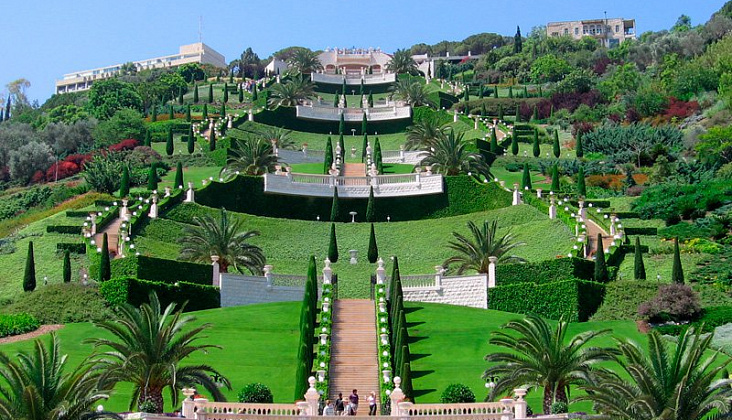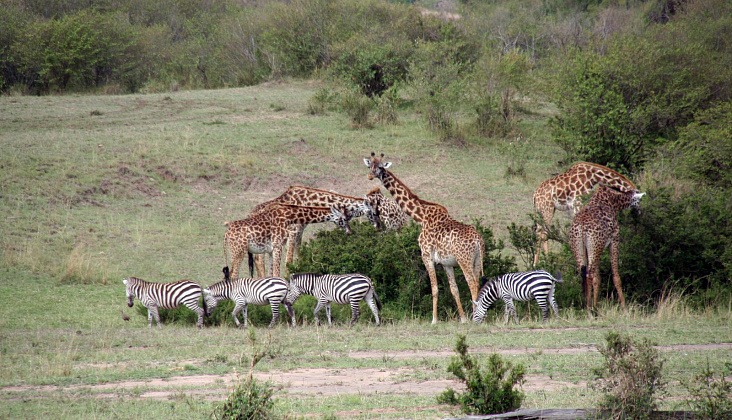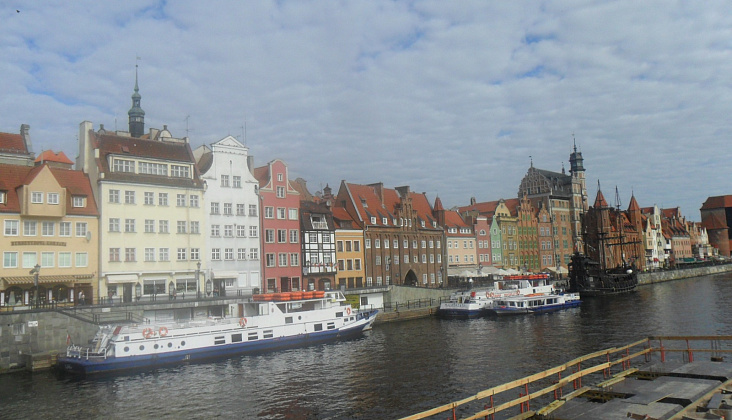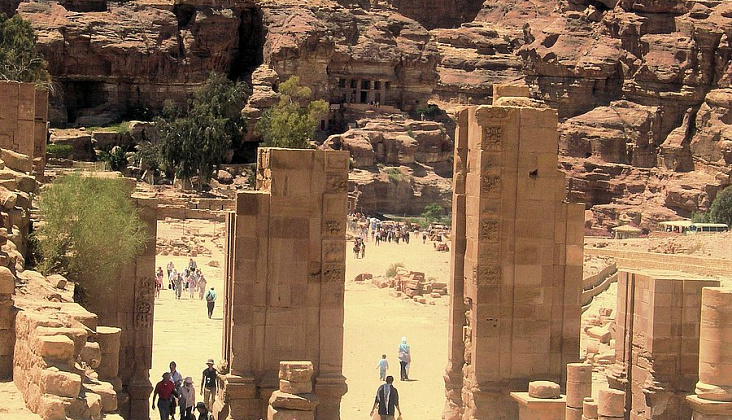Costa Rica is one of the smallest countries in Central America.
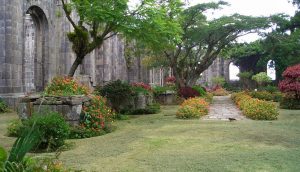 SHOPPING
SHOPPING
Most shops are open from 9:00 to 20:00, usually with a lunch break from 12:00 to 14:00.
The most popular local souvenirs are all kinds of handicrafts: T-shirts, hammocks, bags, numerous figurines, as well as decorations and items made of different sorts of wood and corals, wickerwork, dishes and vases.
In addition, from the country you can bring good coffee and unusual brands with the image of butterflies, flowers and birds.
WHERE TO STAY
The guests of the country are many hotels: from the level of 5 stars, which meet all international standards, to small hotels or bungalows.
The service and condition of the rooms of most of the hotels and hotels in the country correspond to the declared star rating and are at a high enough level However, almost all the entertainment in the hotel for an additional fee, despite even the “All inclusive”.
Many hotels in the vicinity of the Arenal Volcano have the opportunity to take a bath with thermal waters and enjoy the surrounding nature.
SEA AND BEACHES
The beaches on the coasts of Costa Rica are sandy, and the sand on them comes in many different shades – from white and gold to silver and even black. Almost everyone has its own peculiarity and “specialization”, some are great for fishing, others for surfing, etc.
Costa Rica was discovered in 1502 by Christopher Columbus. Spanish colonization began around 1530.
The settlement of the Spaniards and the economic development of this colony went very slowly, partly because of the difficulties with the climatic conditions of the country, and also because of the raids of the British and Dutch pirates (supported by the authorities of England and Holland) who attacked the Spaniards from the late 16th century to the middle 19th century. The British also organized raids on Costa Rica of Miskito Indians (from the east coast of present-day Nicaragua).
In the 16th century, Spanish settlers settled in the Central Plateau of Costa Rica, where, as was the case throughout the country, there was little or no Indian population.
The negro slaves were almost not imported into Costa Rica (due to the poverty of small farms), but a number of blacks and mulattoes settled in the country, mainly on the Atlantic coast, from runaway slaves and pirates.
In 1563 the Spaniards founded the city of Cartago, which was the capital of the colony until independence. In the early 19th century, liberation wars began in the Spanish colonies.
On September 15, 1821, Costa Rica declared independence. Soon she united with Guatemala, Honduras, Nicaragua and El Salvador in a federation and was in it until 1838.
In 1844, the first constitution was adopted. In 1871, a new constitution was adopted by President Thomas Gutierrez, abolishing the death penalty and encouraging foreign investment. Large export production has been organized – in addition to coffee, also bananas, cocoa, pineapples and other crops.
In the 1930s, left-wing movements gained momentum. In 1941, Costa Rica (like most Latin American countries) declared war on the Axis countries, but did not participate in hostilities.
In 1948-49 there was a civil war in Costa Rica. In 1955, the former president with his supporters organized a military invasion of Costa Rica.
In the 1970s, due to the fall in coffee prices and rising oil prices in the country, there was economic instability.
In 1979, Costa Rica supported the Sandinista in Nicaragua. Soon the first left-wing guerrilla groups appeared, apparently inspired by the success of the Sandinistas.
In 1990, Calderon was elected president of the country, whose father was president before.
On March 19, 2009, the President of Costa Rica (previously regarded as one of the true friends of the United States in the region), Oscar Ariès, said that his country was renewing its ties with disgraced Cuba, which had been interrupted almost 50 years ago.
When departing for Costa Rica airport tax is charged 26 USD.
In the central areas of San Jose, it is recommended that you always be careful not to carry large sums of cash, tickets or passports with you. Never trust anyone with your baggage, except for doormen and certified porters who are easily recognizable by working clothes.
In Costa Rica, there is a law according to which any person must have identification documents with them. For foreigners, this means the obligatory possession of a passport or photocopy of it (pages with a photo and a surname, as well as a stamp of an entry visa).
An unpleasant feature of most of the streets of provincial settlements are very dirty sidewalks, pits and gutters are almost not covered and represent a serious danger, especially at night.
The locals themselves smoke a lot, and cigars and cigarillos are respected here, so in many bars and cafes there is thick tobacco smoke in the air.
